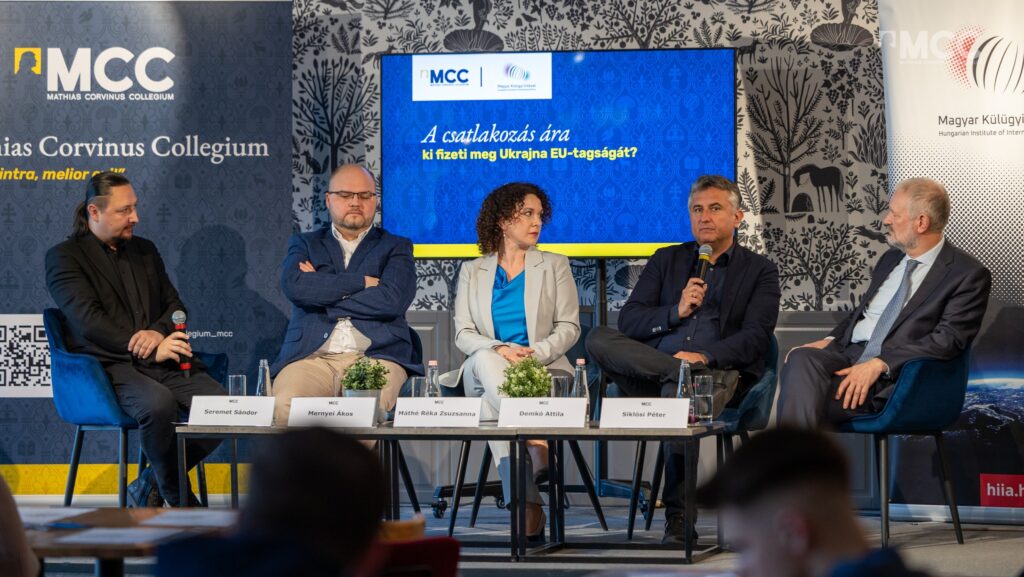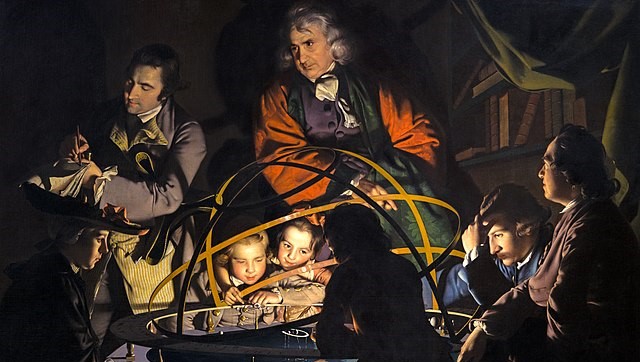The fact that economic activity involves the use and transformation of nature is an obvious truth. But how should all this happen? Are there limits to the exploitation of nature? These questions are not too often raised.
Labour and capital are generally considered the primary factors of production, the costs of which are extremely important. In contrast, nature (including all natural resources) as the essential third factor is often neglected. It is assumed that natural resources are always available and self-regenerating, so they can be exploited without long-term costs. In other words, they are considered more or less permanent. Hans Immler’s book titled Nature in Economic Theories argues this, emphasising the role and function of the natural environment and critically discussing the classics of economic theory who ignored the importance of nature in the functioning of the economy. In this regard, the physiocrats were an exception, but in the longer term, they had neither a serious impact on economic theory nor on economic policy.
It is important to know the classical tradition of economic theory because it can help us understand why it is difficult to face the economic aspects of the ecological problems of our time. For centuries, the thinking rooted in the economic theory based on the expropriation of nature has been firmly ingrained in us. The destruction caused by the operation of the economy is viewed as an unwanted side effect related to natural resources, even though these are the inevitable and systematically occurring effects, or, if you like, the results, of industrial production. Of course, this does not necessarily mean that industrial production is bad, or that it should even be ended. Rather, it is more worthwhile to develop a perspective according to which
the requirement of harmony in the relationship between man (society) and nature is constantly kept in mind.
An example of this is the physiocratic system of ideas, which was formulated in the modern French history of the era of theoretical and political economic thinking.
The name of the school refers to following the rules of nature. Physiocrats denied the assumption of mercantilists that value derives from trade, and identified land as the basis of values. The central thesis of physiocrats was that land is the only source of wealth, and value arises only from it. In short, the regularity of nature must be followed, and from that comes wealth. Physiocrats proceeded on the basis of the experience of the decline of agriculture, which they believed was caused by the mercantilist economic policies of French stateman Jean-Baptiste Colbert, First Minister of State, in the late period of French King Louis XIV’s reign.
The French banker Richard Cantillon formulated physiocratic ideas for the first time in 1756 in his work titled Essay on the Nature of Trade in General. Later, these ideas were systematically described by François Quesnay in 1758 in his economic model Tableau Économique (Economic Table). Since nature alone can create value, areas strongly connected to nature (agriculture, fishing, hunting, or forestry) are also able to produce added value. Physiocrats called the cultivated areas ‘nature’s gift’. They believed that if one looks for the origin of value in the sphere of production, it is obvious that they will find it first in the human–nature exchange. This is the theory that developed the first systematic explanation of economic structures and processes.
Human coexistence was explained by a combination of ordre naturel (natural law) and ordre positif (positive or man-made law). The natural order, which would result in the greatest possible prosperity for people, cannot always be realised due to the social contract and the spontaneous behaviour of people. This problem can only be handled by an enlightened ruler who not only creates order but also guarantees its effectiveness. The task of the government is to adapt the actual political order (ordre positif) to the natural order and to abolish all laws that contradict it.
Jacques Turgot (1727–1781) was a student of Quesnay, who was Controller-General of Finances between 1774 and 1781, then served as finance minister under the rule of Louis XVI. In his offices, he could implement some of the ideas of the physiocrats in the economic policy of France. His other ideas, such as tax reform or the abolition of guilds, failed due to resistance from interest groups, which eventually led to Turgot’s removal. After Quesnay’s death, however, the thoughts of physiocracy lost their influence, and nowadays,
the term ‘physiocrat’ is used more in the context of a negative, dismissive assessment.
As such, physiocracy played only an episodic role in modern economic political thinking and therefore so did the perspective that linked the economy’s performance and ability to produce value to nature.
Even though green thinking has strengthened in the last three decades and, as a result, the political role of the green parties has also increased, its appearance in economic policy shows less awareness of the finiteness of natural resources, or even of protecting nature. There are, of course, microworlds where this works, for example, urban gardening, but these are local solutions that apply only to agriculture, not to other areas. Rather, it may be said that we can see the relegating of current nature-related problems to the future. The best example of this is wind farms—at first glance, it seems that these do not take anything away from nature; they only exploit the natural processes (wind) that are already taking place to cover the energy needs. However, the fact that the production of these wind farms is not done in a ‘green’ way at all rarely comes up. In fact, in just 20–25 years, these wind power stations must be decommissioned, which requires the removal of thousands of tons of concrete, not to mention the environmental damage associated with the processing of the special material of the blades. All these doubts are only increased by the devastation that operating wind farms causes in bird life, a sad example of which are the wind power stations set up in the Danube Delta.
For two reasons, physiocrats cannot be seen as the forerunners of the green policy promoted today, but, at most, as the inspiration for renewed green politics. On the one hand,
they were not characterised by extreme radicalism, impervious to the needs of societies and people
and wanting to ban everything that is presented as destroying nature immediately. Let us remember: physiocrats looked for the possibilities of human well-being, but differently from mercantilists. On the other hand, the world of tools for the use of land, assumed to be the basis of economy and wealth, did not yet appear as a serious problem back then, while today it is impossible to get an acceptable starting point for planning the future without examining it. Let us just think about the variants of energy generation from nature. I have already referred to the problem of wind power stations, but the same question arises in relation to solar panels: what will happen to them if they have to be replaced due to obsolescence or failure? Besides, the results of surface mining can be seen in the view of destroyed mountainsides, just like the impact of the propagation of hydroelectric power plants, which not only results in the complete transformation of the natural landscape but also in, for example, the inhibition of fish migration. It is not by chance that the northern part of Pest is called Vizafogó (‘Beluga Catcher’ in English)—a century ago, belugas could still be caught there, but nowadays one can only find fishing rods at best. Finally, I would like to refer to nuclear power plants, regarding which the main question is what happens to spent nuclear fuel? All we know is that they will be transported somewhere.
This short list does not mean to suggest that an extreme solution is necessary or that any attempt is impossible—I just want to highlight that making the economy nature-based is not an easy task at all. Every decision is risky and has its advantages and disadvantages. The challenge and the main task are to seek the harmony of advantages and disadvantages constantly.








